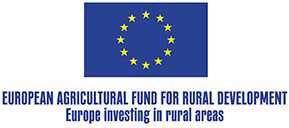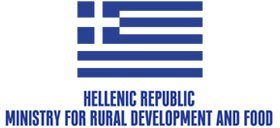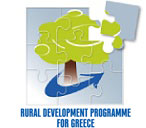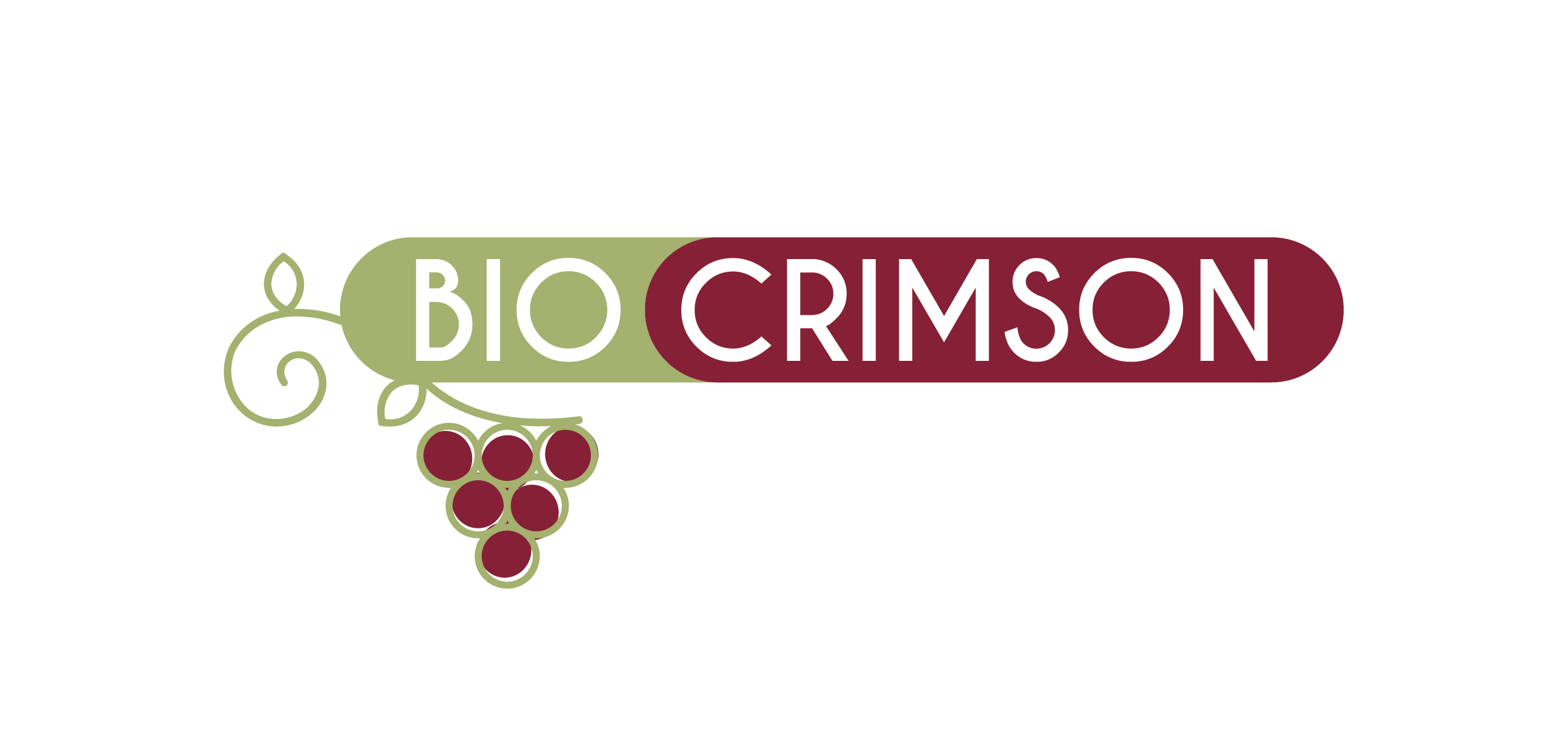Series of tests for Crimson variety biostimulants
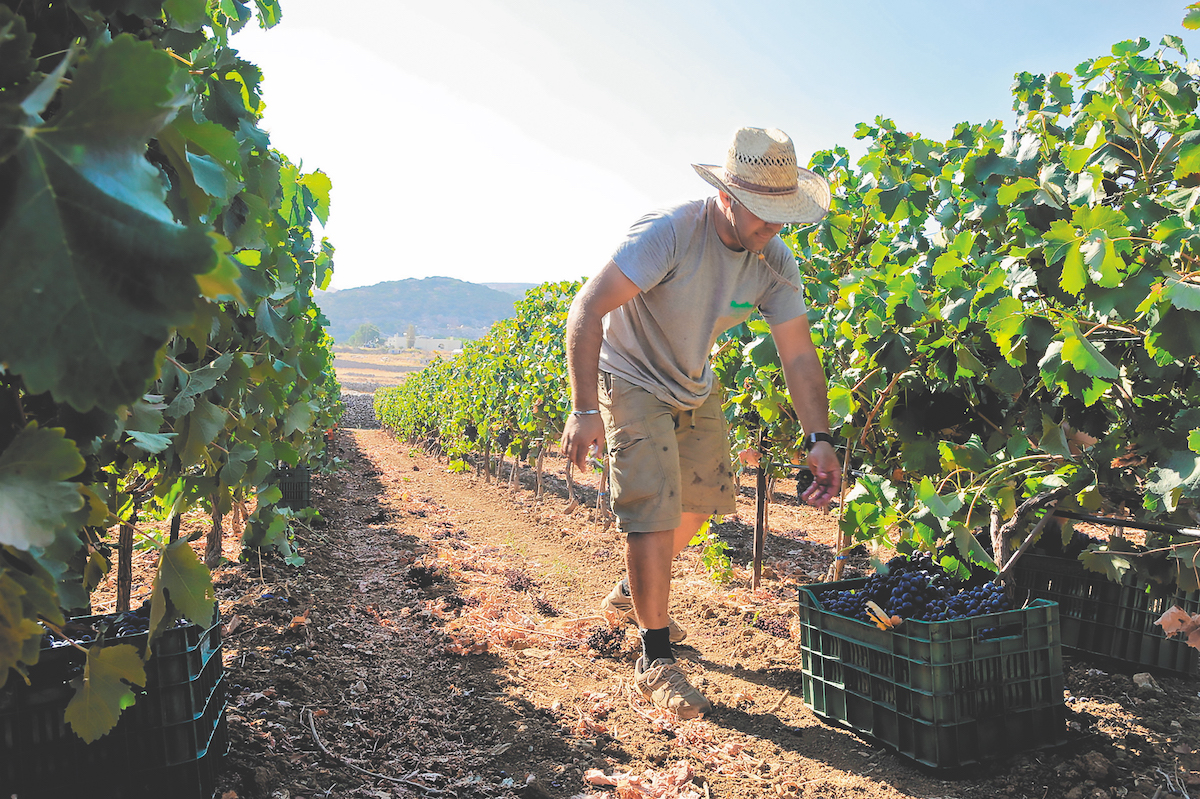
In an attempt to respond to the existential problems facing viticulture, Konstantinos Aliferis, assistant professor of Pesticide Science, and his team are researching the application of biostimulant formulations in the cultivation of Crimson variety table grapes. The science team, in collaboration with the ‘Pigasos’ Agricultural Cooperative, is testing various formulations in practice, so as to find the most efficient, and identify the amount and point of growth at which of the plant produces the best results.
As Mr Aliferis explained to ‘Ypaithros’, “There are many products on the market in this new category of biostimulants. However, neither their action, nor their optimum application is known to producers. Therefore, we decided, in collaboration with a cooperative we had previously implemented programmes with, as well as GAIA EPICHEIREIN, which has particular expertise in the sector of programme implementation, to establish the ‘BIO-CRIMSON’ Operational Team and to run a series of tests for many formulations.”
But what exactly are biostimulants and how do they work? According to Mr Aliferis, “Research on this matter started a decade ago. They are formulations that contain a biological agent, fungus, bacterium, extract, or some other individual substance. The particularity of these products is that they are not directly toxic to the target organism, namely, the fungus that has made the plant sick, for example. However, they modify and affect plant metabolism so that the plant itself can better respond. They improve nutrient intakes or the plant’s own defence mechanism, they improve a plant’s resistance to stress, such as drought or salinity.”
In short, biostimulants create healthier and, therefore, more resilient plants. “Therefore,” Mr Aliferis adds, “their use in agricultural practice could improve production, while reducing plant protection product inputs that the plant needs”. So, biostimulants arm the plant itself and it no longer needs plant protection products, just like a healthy person doesn’t need medicine.
Obstacles and prospects
Table grapes are a very important product for Greek agricultural production. “We are in third place in Europe, with a production of around 300,000 tonnes per year,” stated Mr Aliferis. “In spite of the dynamism of the sector, production losses caused either by insects, fungi, drought, or soil salinity are obstacles to the sector’s further growth,” he explained.
In the framework of the programme, which is funded by the EU (Measure 16), various biostimulant formulations are evaluated, to identify which has the best result for the crop. We are also studying the quantity that should be used and at what stage of plant development it should be applied, so that producers have a complete recipe on hand.
The result will certainly help producers achieve better harvests, while also helping protect the environment by using fewer plant protection products. “We don’t know whether it would be realistic to say that we will do away with conventional plant protection products, but we are almost certain that we could reduce the quantities used,” the distinguished researcher concluded.
